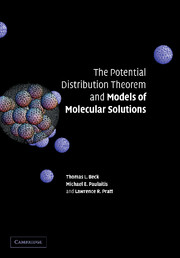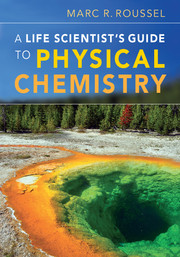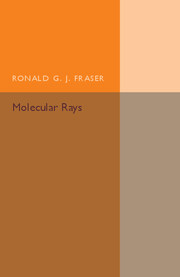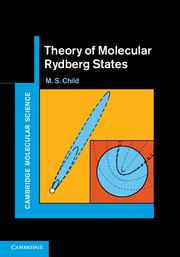The Potential Distribution Theorem and Models of Molecular Solutions
An understanding of statistical thermodynamic molecular theory is fundamental to the appreciation of molecular solutions. This complex subject has been simplified by the authors with down-to-earth presentations of molecular theory. Using the potential distribution theorem (PDT) as the basis, the text provides a discussion of practical theories in conjunction with simulation results. The authors discuss the field in a concise and simple manner, illustrating the text with useful models of solution thermodynamics and numerous exercises. Modern quasi-chemical theories that permit statistical thermodynamic properties to be studied on the basis of electronic structure calculations are given extended development, as is the testing of those theoretical results with ab initio molecular dynamics simulations. The book is intended for students taking up research problems of molecular science in chemistry, chemical engineering, biochemistry, pharmaceutical chemistry, nanotechnology and biotechnology.
- A concise and accessible account of molecular statistical thermodynamic theory in solutions
- Numerous examples, models and exercises are included to guide the reader through molecular theory
- Discusses practical theory for simulationists based fundamentally on Potential Distribution Theory, providing a modern account with a broad multi-disciplinary appeal
Reviews & endorsements
"The reader will find reading this book similar to driving through a scenic countryside with few signs. The absence of these is an advantage for the frequent traveler for whom such signs are a distraction, but the infrequent traveler may have some difficulties finding his or her way. With this caveat, the book is recommended."
Douglas Henderson, Journal of the American Chemical Society
Product details
November 2012Paperback
9781107411593
246 pages
244 × 170 × 13 mm
0.4kg
Available
Table of Contents
- 1. Introduction
- 2. Statistical thermodynamic necessities
- 3. Potential distribution theorem
- 4. Models
- 5. Generalities
- 6. Statistical tentacles
- 7. Quasi-chemical theory
- 8. Developed examples
- Index
- References.





